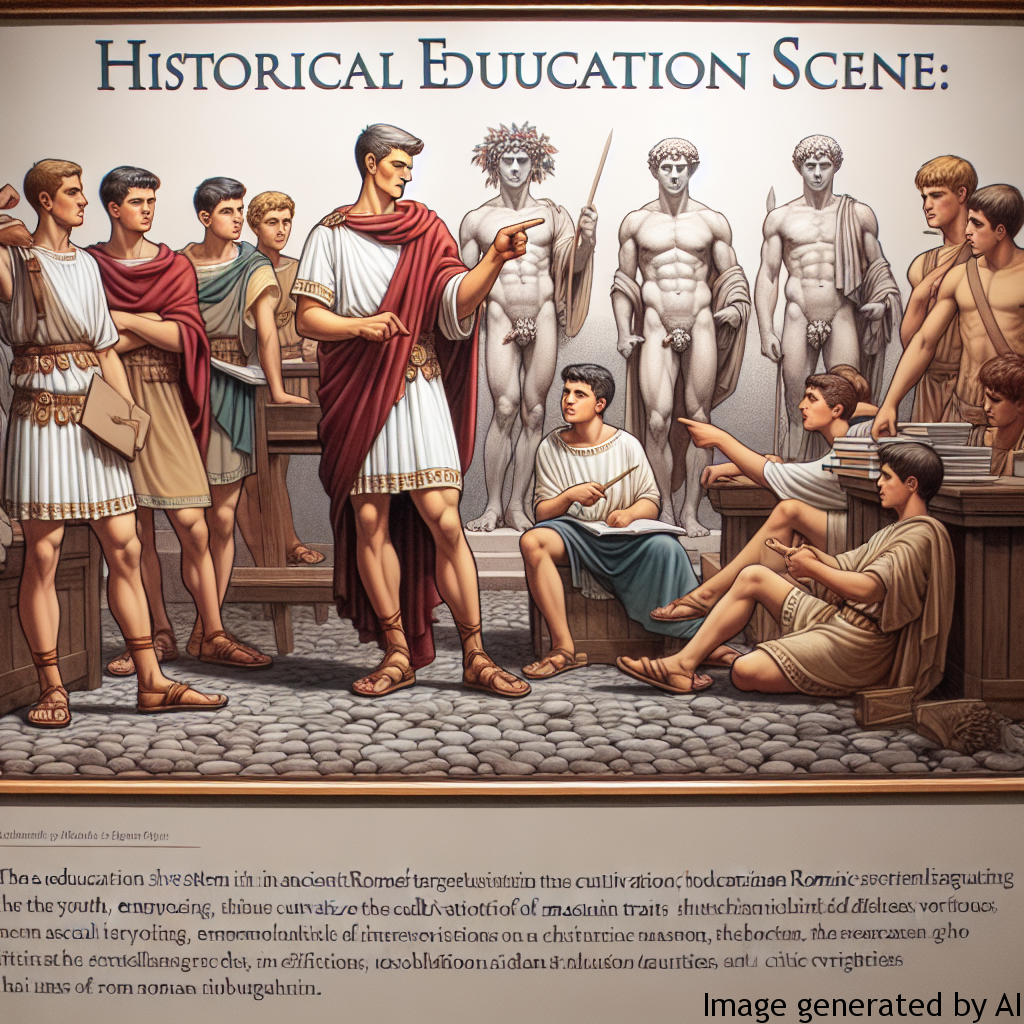Introduction
The ancient Rome was a greatly structured society with clearly defined roles for each gender. The upbringing of young Romans was concentrated on molding them into future bearers of masculine traits and civic virtues. This preordained guideline for men created strong figures, but also came with potential risks and issues, particularly affecting their psychological health. In this article, we will explore gender expectations, examples of how gender roles can impact men’s lives, and strategies to enhance men’s psychological health while considering these gender roles.
Gender Expectations and Its Influence on Men’s Psychological Health
The Manifestation of Masculine Qualities
In ancient Roman society, masculinity was seen as a set of qualities that men should embody, including strength, courage, and ambition. Boys were taught to suppress emotions, exhibiting stoic behavior and emotional resilience, which in the long run can lead to emotional suppression and a lack of efficient coping mechanisms.
The Emphasis on Civic Virtues
The civic virtues, such as discipline, duty, honor, loyalty, and responsibility, were also immensely important. While these virtues can cultivate strong leaders, the overarching obligation to society above one’s own needs can contribute to the development of stress, anxiety, and depression.
Examples of How Gender Roles Can Impact Men’s Lives
Predefined gender roles and expectations have direct and significant impacts on men’s lives. Not being able to live up to the defined ‘macho’ image can create a sense of inferiority and low self-esteem. The constant pressure to suppress emotions in favor of stoic behavior can lead to problems like emotional numbness and difficulty establishing intimate relationships. Moreover, the sacrifice of personal needs for fiscal responsibilities can result in chronic stress and mental exhaustion.
Tips for Enhancing Psychological Health Considering Gender Roles
Supporting men’s psychological health in the context of traditional masculinity requires a multi-faceted approach. Encouraging them to speak about their emotions without fear of appearing ‘weak’, and promoting a balanced view of masculinity that includes emotional well-being is crucial. Also, reframing the definition of civic virtues to include self-care can mitigate risks associated with self-sacrifice and chronic stress. Professional help should also be encouraged when necessary.
Conclusion
The societal norms and gender roles deeply embedded in Roman society can offer us insights into factors that can negatively influence men’s psychological health, even in today’s context. We must understand that the quintessence of masculinity is not the suppression of emotion or singular dedication to civic duty but a balanced lifestyle that pays attention to both societal responsibilities and personal well-being. Shedding light on the subject can enhance our outlook towards gender roles in society and support the psychological health of men today.

